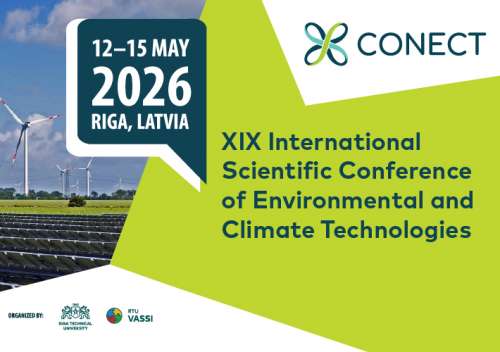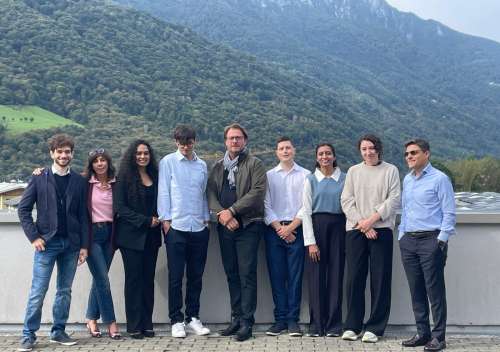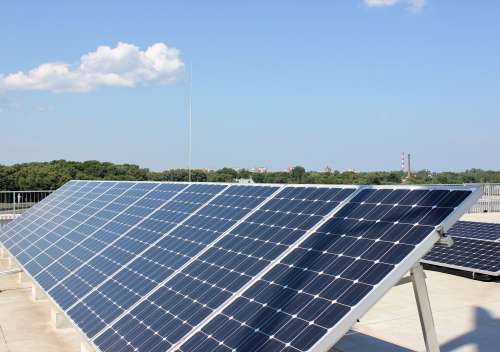The project “Individual Heat Supply with Integrated Fog Unit System (IFUS)” has published two publications on the results of a set of experiments submitted for publication in international journals indexed in the Web of Science and SCOPUS databases.
- Link Between Multivariables of Heat and Mass Transfer in a Scrubber. Case Study: Fog Unit
- Article summary – Combustion processes are one of the major sources of air pollution. The research uses a new, innovative flue-gas cleaning technology – a fog unit. Its purpose is to purify the flue gases produced by households. In the European Union, including Latvia, from 2020 a directive setting emission and efficiency limit values for combustion plants in households comes into force. The main purpose of this study was to determine which performance parameters have the greatest effect on the power (QMA) of the fog unit. Statistical processing of experimental data made it possible to obtain regression equations describing QMA, water temperature at the outlet of the fog unit (tw2), and gas temperature after the fog unit (tg2). These values represent the effectiveness of the fog unit.
- Small Scale Pellet Boiler Gas Treatment in Fog Unit
- Article summary – The purpose of the study is to experimentally determine the characteristics of the operation of a fog unit and its effect on particulate matter trapping. Laboratory equipment – a fog unit – has been created for carrying out experiments. It is suitable for use with pellet boilers with a nominal capacity of 10 to 30 kW. The paper deals with the influence of parameters on the significant changes in the indicators that are important for PM reception: the contact surface of the injected water and flue gas; the contact time of droplets and gases in the fog unit; and the residence time of the droplets in the fog unit. There is a high correlation between experimental and calculated data (the adjusted coefficient of determination (R2) is 85.32%).








